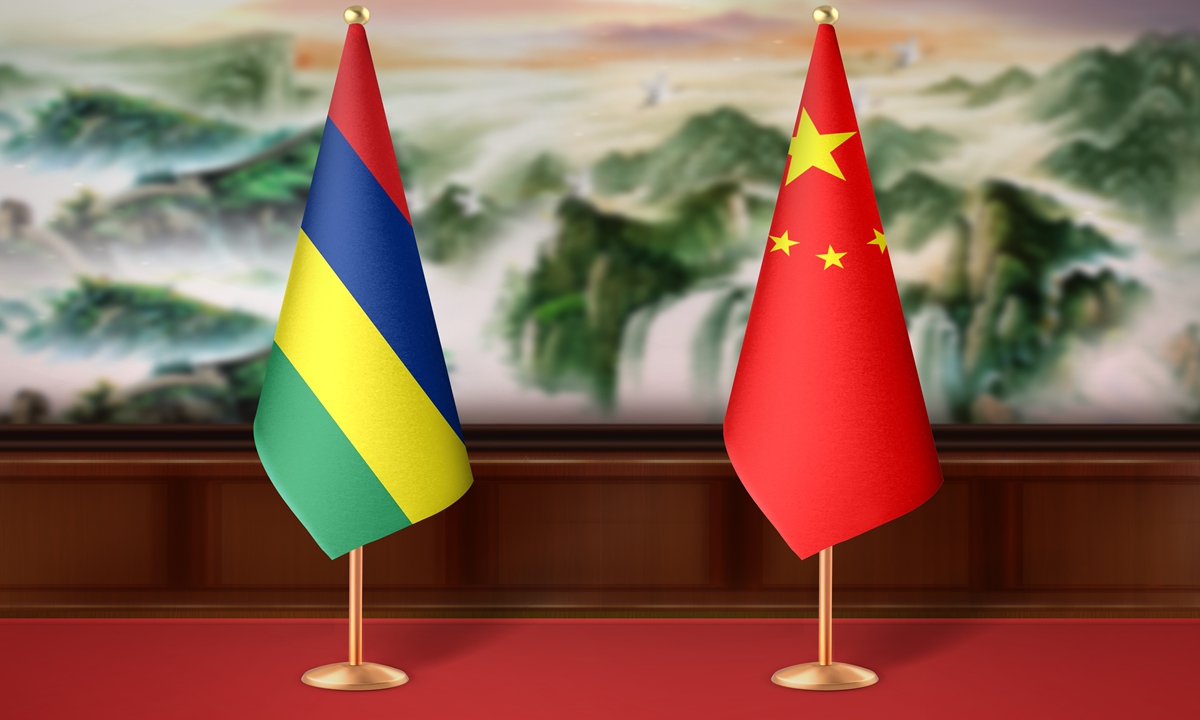
China Mauritius Photo: VCG
The People's Bank of China (PBC) and the Bank of Mauritius signed a bilateral currency swap agreement, the PBC said on Wednesday, a fresh example of enhanced cooperation in the financial field between China and Africa.
According to the PBC, the size of the swap stands at 2 billion yuan ($281 million) - or 13 billion Mauritian rupees - and the agreement is valid for three years, which can be extended by mutual consent.
The swap will help strengthen financial cooperation between the two countries, expand the use of the local currencies between China and Mauritius, and facilitate trade and investment between the two sides, the PBC noted.
"As the 2024 Summit of the Forum on China-Africa Cooperation is being held in Beijing, the signing of the currency swap agreement sends a positive signal that China and African countries are strengthening financial cooperation and jointly addressing global economic challenges," Wang Peng, an associate research fellow at the Beijing Academy of Social Sciences, told the Global Times on Wednesday.
China and Africa have been seeking closer cooperation in the financial sector.
China has signed bilateral currency swap agreements with South Africa, Morocco, Egypt and Nigeria, totaling 73 billion yuan, according to a report of the Chinese Academy of International Trade and Economic Cooperation in July 2023.
The number of African institutions participating in the Cross-Border Interbank Payment System, or CIPS, is also rising.
So far, CIPS has six direct participants and 52 indirect participants in Africa.
"The growing economic strength of China and Africa, the further deepening of bilateral cooperation and the establishment of various cooperation mechanisms have provided opportunities for further financial cooperation between China and the continent," Wang said.
Looking ahead, China and African countries can carry out more extensive cooperation in emerging areas such as financial technology and green finance, in order to jointly promote the high-quality development of their economies, Wang noted.
Global Times


